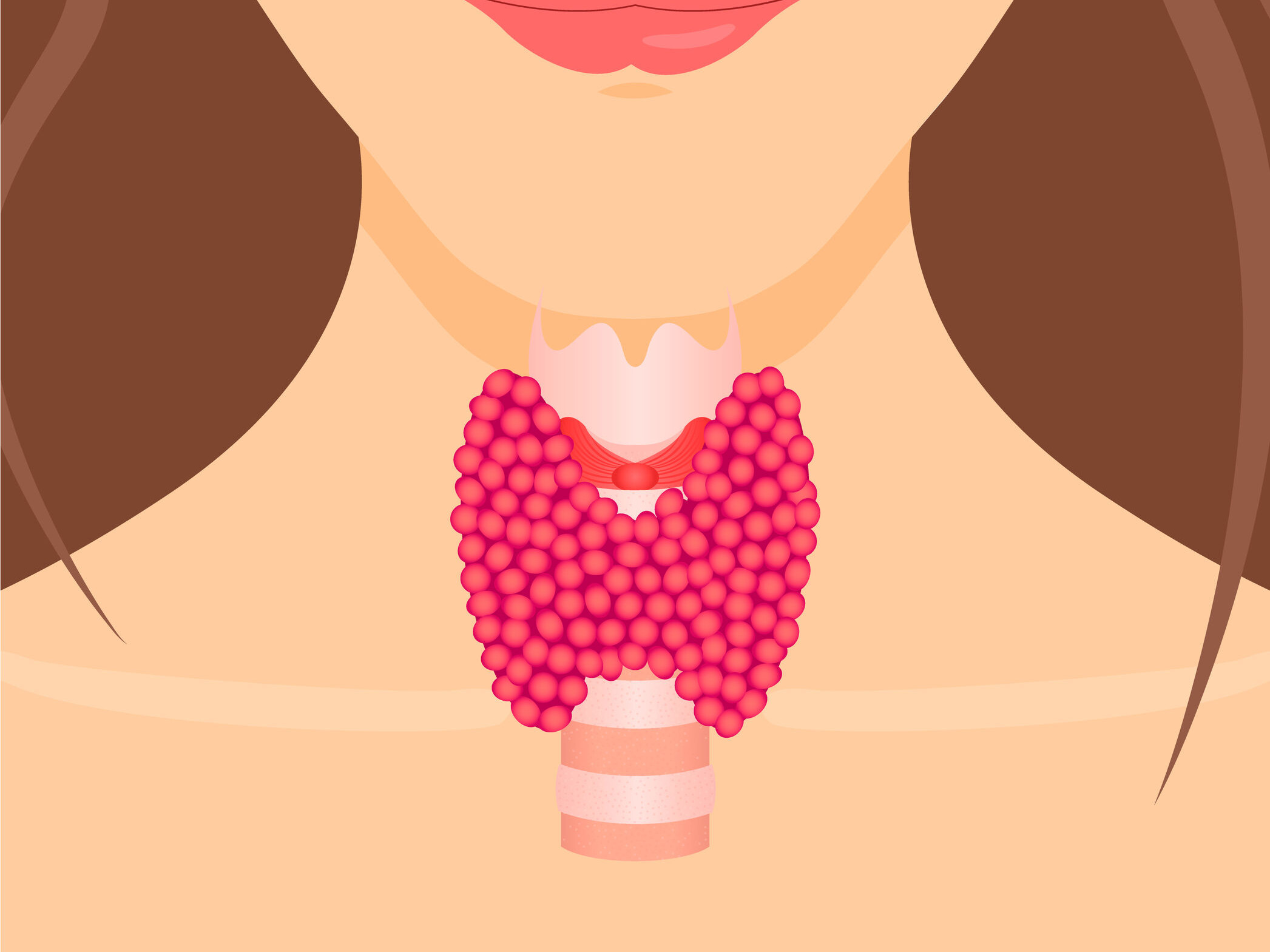
Written by: Dr. Monica Vaghela
If you experience fatigue, difficulty losing weight particularly around the belly, hair loss and bloating – you are not alone! These may be indicators that your thyroid may need some support. You may have had blood work done and told everything is fine, but you still don’t feel great.
There are solutions to thyroid health besides just medication! It’s important to take a look at the whole person and address the adrenal-brain-gut connection which includes lifestyle, stress levels, and diet.
Test your hormones
This goes beyond just TSH and Free T4 levels to evaluate thyroid function. Further testing includes a more detailed thyroid workup including vitamin D levels, cortisol, and also gut health.
Cortisol is your body’s built in stress management system produced by the adrenal glands. When under chronic stress, we can get stuck in fight or flight mode, which affects our sleep, energy, and also thyroid function via the HPA Axis. The HPA Axis is a communication pathway between the adrenal glands and pituitary gland in the brain. The pituitary gland makes TSH and then TSH tells your thyroid gland to make active thyroid hormones.
The liver produces vitamin D and also converts thyroid hormone into its active form. The liver stimulates the production of bile which binds to toxins and wastes. One of the symptoms of hypothyroidism is constipation, which means proper detoxification and removal of toxins and wastes from the body is slow. This why having a bowel movement every day is important!
Stress management
The brain communicates with the gut via the Vagas nerve – the body’s build in stress reliever. When there is chronic stress, people may experience changes in stools and feeling of bloating. Many hypothyroid patients experience constipation, while hyperthyroid patients experience looser stools. There are ways to activate this nerve for stress management through breathing exercises. Even a quick couple of minutes of deep, slow breathing can help!
Other lifestyle areas to focus on are: getting quality sleep, moving everyday, and having a mindfulness practice.
Thyroid nutrition and gut health
Diet also plays a role in thyroid health. Hyperthyroid and hypothyroid patients have foods that affect them differently. For example, gluten and goitrogenic foods can disrupt thyroid function. Having a healthy gut microbiome can impact how you tolerate and digest the foods you’re eating and affect neurotransmitters that are made in the gut. Having an increase in inflammatory gut bacteria can disturb hormones (including thyroid hormones), mood, sleep, mental clarity, and energy levels.
Case study
I worked with a patient who came in for Hashimoto’s hypothyroidism. We started with looking at her thyroid panel: TSH, Free T4, Free T3, and antibodies. We worked on her diet for some time in addition to adding in supportive supplements. She improved some, but it wasn’t until we added in the gut health piece though testing and lifestyle changes that she started to notice bigger improvements in her energy, decreased her medication dosage, had reduced hair fall, and started noticing that her clothes fit looser!
Learn more in this pre-recorded webinar by Dr. Monica Vaghela.
Take the first step and call our office or schedule online for a complimentary 15 minute discovery call to see how we can help you formulate an individualized plan to improve energy, reduce belly bloating, and lose weight naturally!
Sources:
- Optimizing the HPA Axis: https://ndnr.com/anxietydepressionmental-health/optimizing-the-hpa-axis/
- Optimizing Thyroid Function: https://ndnr.com/mindbody/optimizing-thyroid-function/